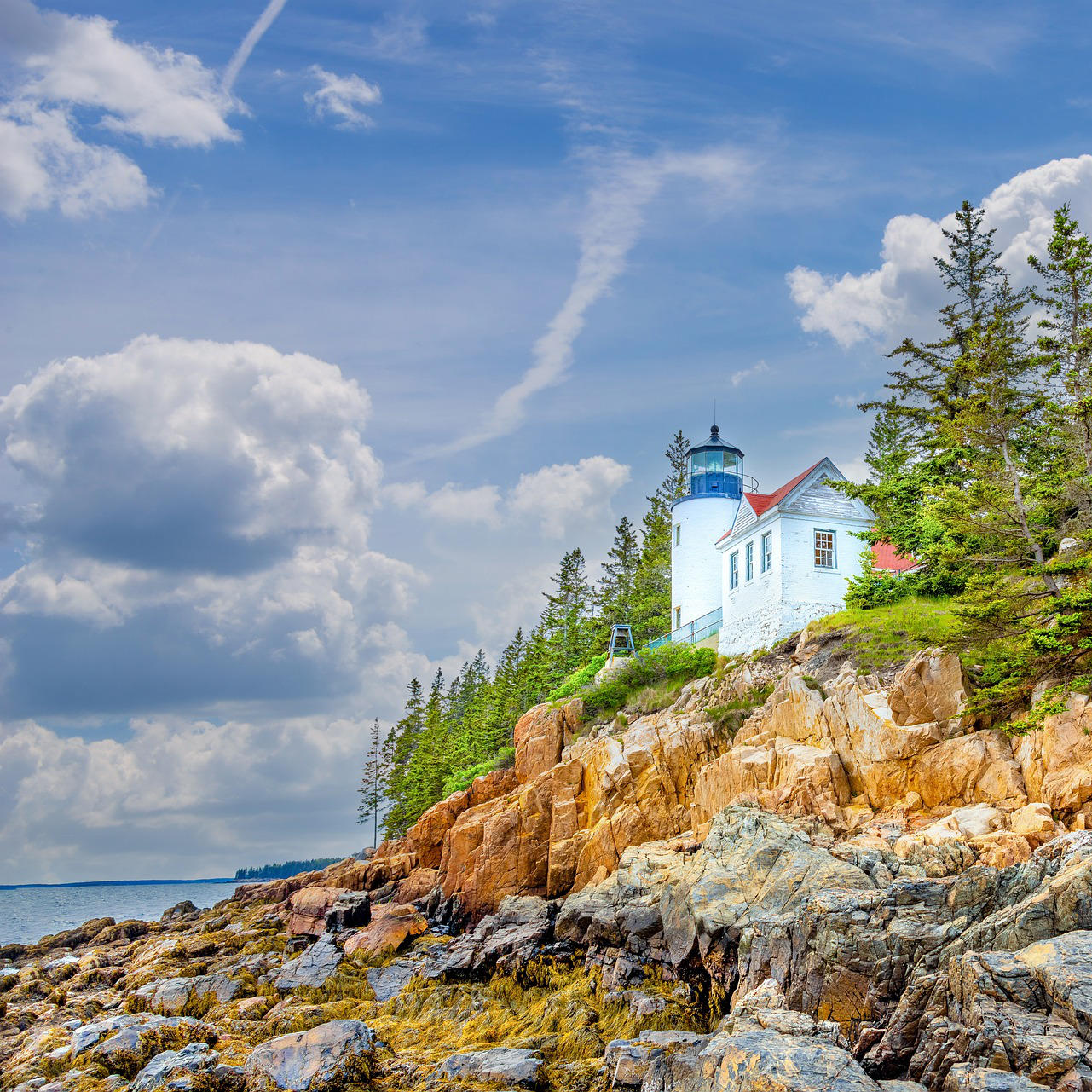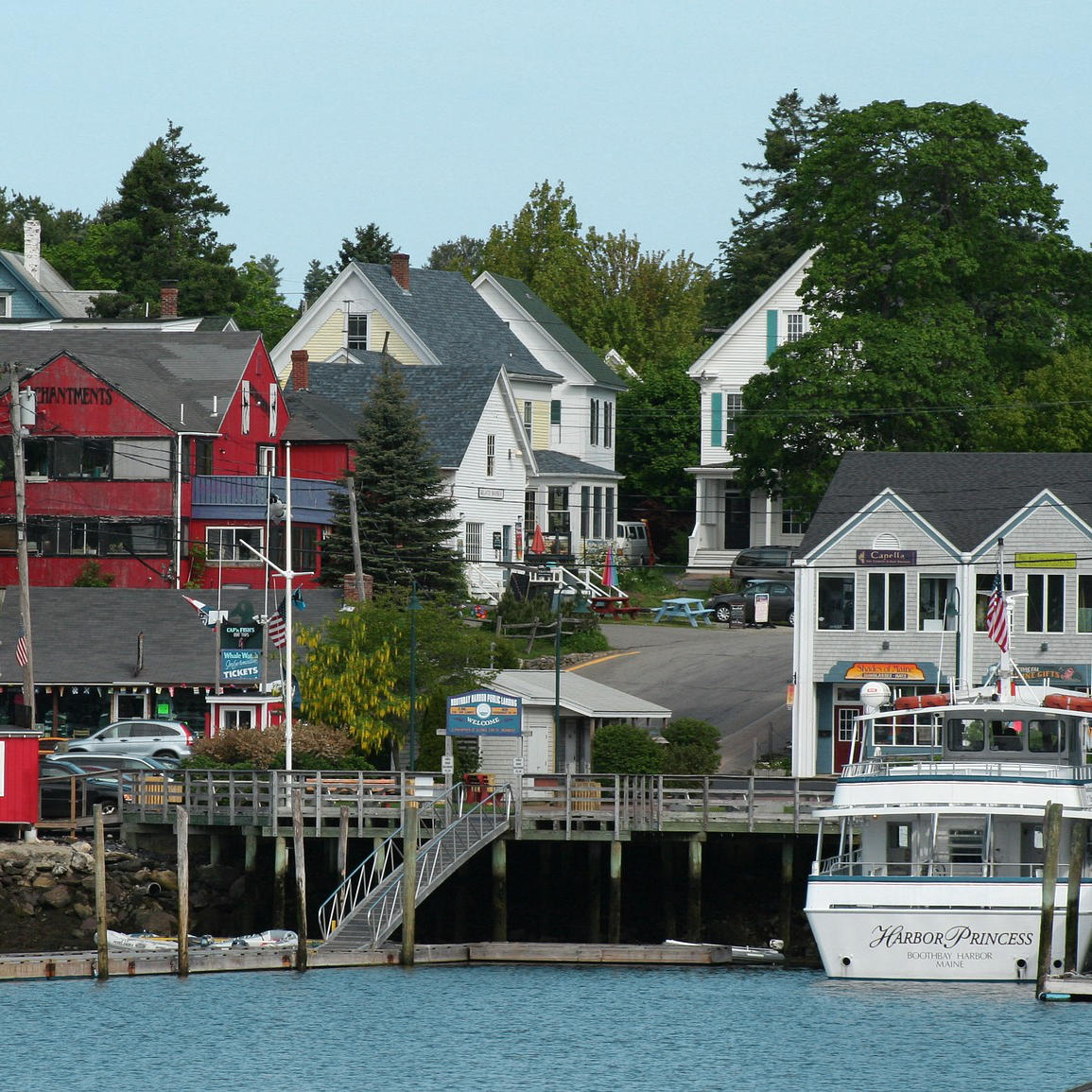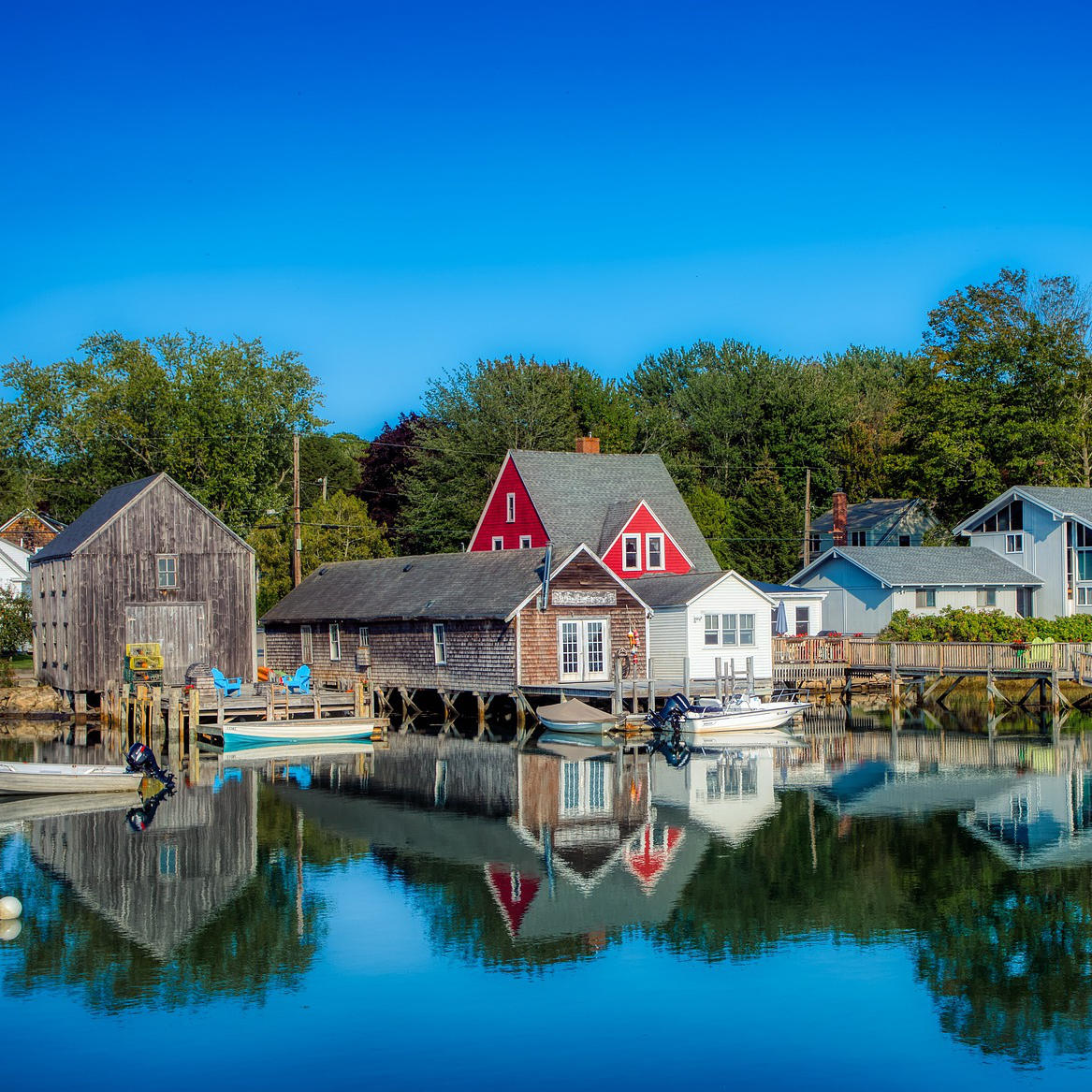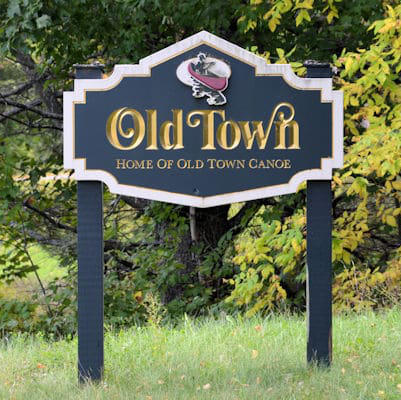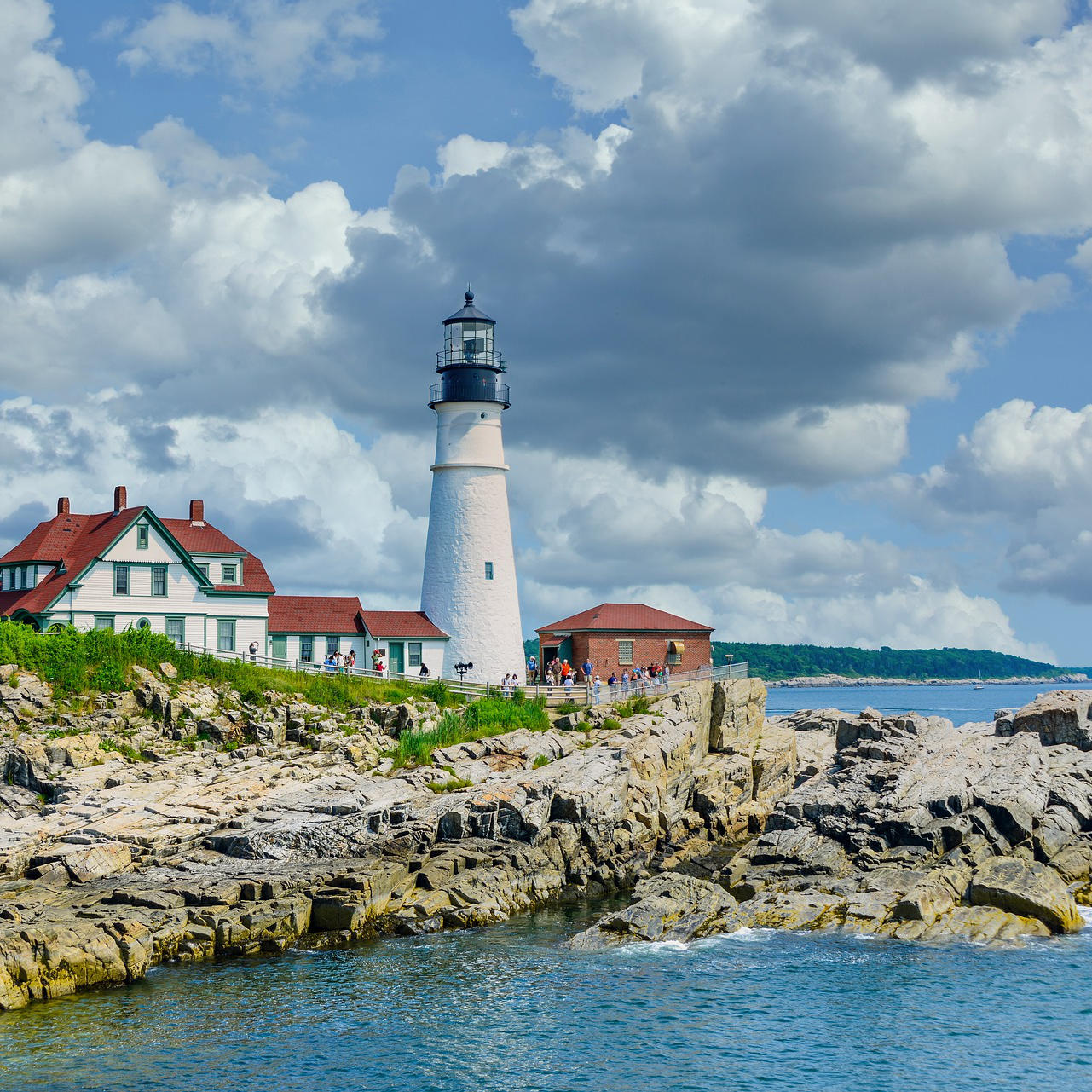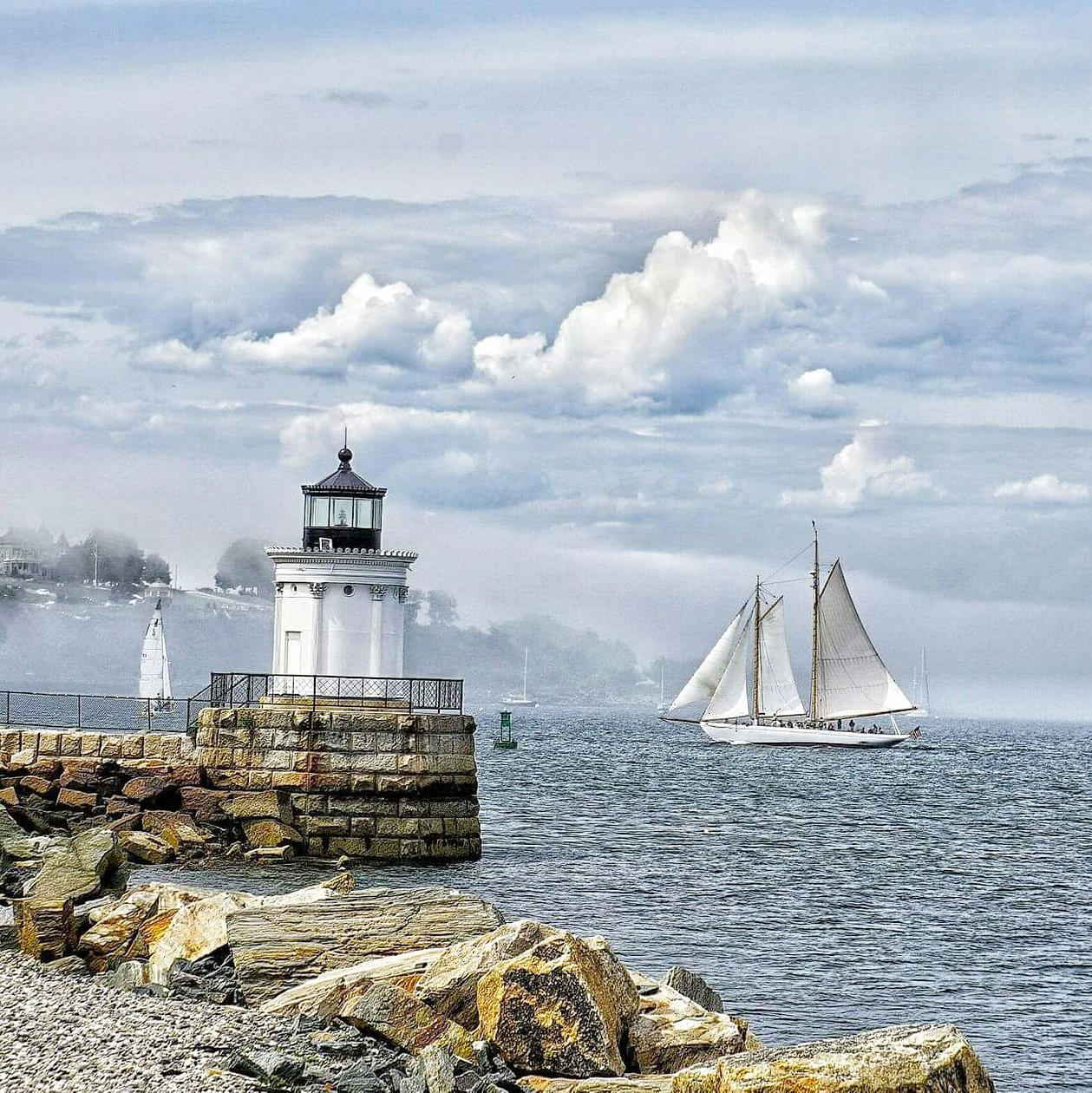State of Maine Short-Term Rental Regulations
Short-term rental regulations vary depending on the location and may include zoning laws, occupancy and safety standards, taxation, licensing, and insurance requirements review our guides for more information specific to your city.
Reviewed by Derick Hargrave
Last updated September 12, 2023
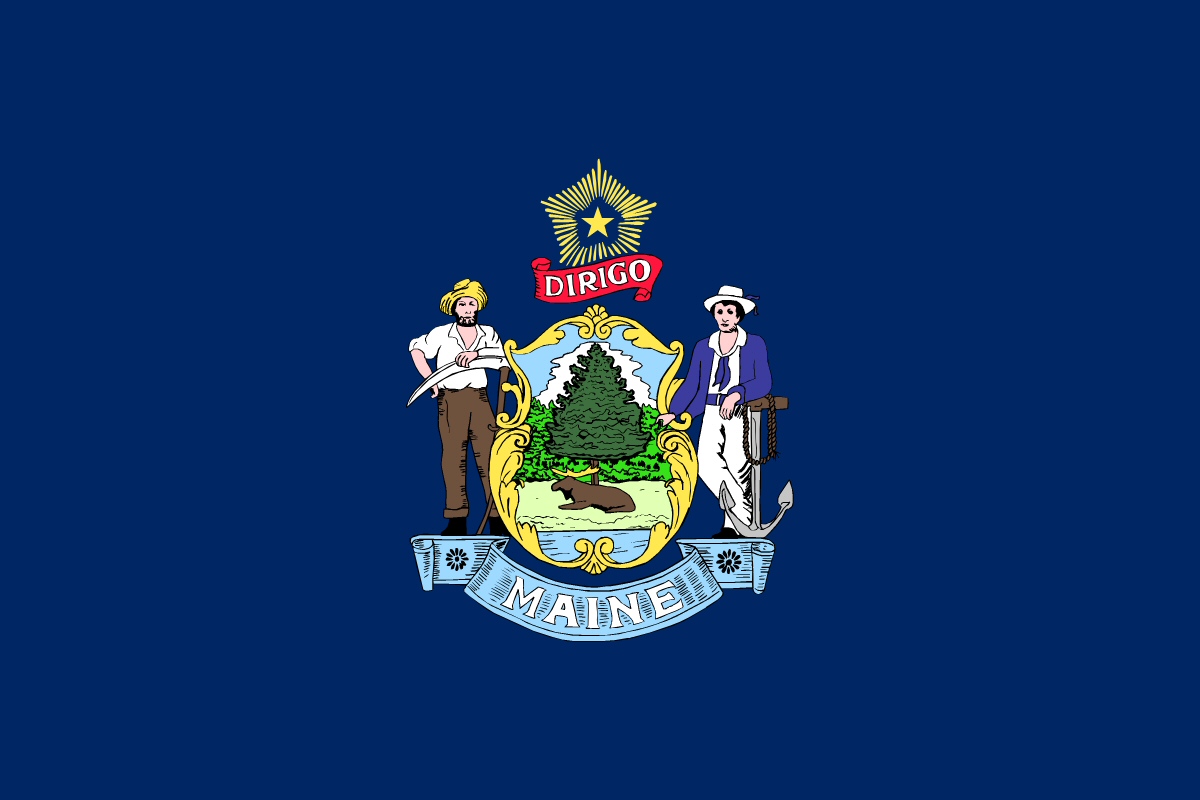
Overview of Maine Short-Term Rental Regulations
Information is maintained by the community to provide helpful insights and links to local regulations, HostScouts does not provide legal or investment advice.
Maine's scenic coastline, mountain cabins, and quaint towns draw visitors looking for charming short-term rental stays. However, operating these rentals legally in Maine requires hosts to navigate a mix of state laws and local ordinances. This guide provides an overview of key regulations for hosts and travelers.
Defining Short-term Rentals in Maine
To understand the rules, examining how Maine defines short-term rentals is first helpful. This includes examining rental periods, rental types, and jurisdictional authority.
Rental Period Length in Maine
Maine defines short-term rentals as rentals of living quarters for less than 30 consecutive days at a time. This covers typical vacation rental stays of a few nights or weeks. Stays of 30 days or more are not considered short-term.
Types of Short-term Rentals in Maine
Common types of vacation rental properties found in Maine include:
-
Entire houses or apartments provide full privacy and amenities for travel groups.
-
Private or shared rooms - Some hosts live on-site and rent spare bedrooms.
-
Alternative spaces like cabins, barns, or yurts - Offering a unique lodging experience.
-
Coastal cottages - Small seasonal homes near beaches and attractions.
-
Recreational vehicles or campsites - For more rustic and outdoorsy stays.
State and Local Authority Over Short-term Rentals
In Maine, short-term rental oversight involves both state and local governments:
-
The state sets baseline requirements like tax registration for all short-term rental hosts.
-
Individual municipalities enact local ordinances to regulate short-term rentals in their communities.
-
Local rules address permitting, occupancy limits, parking, and other operational aspects.
Hosts must comply with state requirements as well as local rules in the areas where they operate.
Starting a Short-term Rental Business in Maine
Hosts looking to start short-term rental businesses need to take key steps to get legal approval. This section covers licensing, permits, and tips for successfully launching a rental.
Licensing and Permits for Short-term Rentals in Maine
At the state level, Maine requires hosts obtain the following:
-
A sales tax identification number to collect and remit taxes on rentals
-
Registration with the Secretary of State if renting as an LLC
Locally, Maine municipalities may mandate:
-
Short-term rental permits and annual license renewals
-
Building permits for renovations to prepare a property for guests
-
Parking permits in cities with street parking restrictions
-
Approval ensuring compliance with codes and neighborhood rules
Tips for Starting a Short-term Rental in Maine
Here are some tips for smoothly launching a short-term rental business in Maine:
-
Research local zoning ordinances to confirm short-term rentals are permitted
-
Evaluate risks and secure proper home-sharing insurance to cover gaps in standard policies
-
Optimize listing photos, titles, and descriptions for maximum visibility on booking sites
-
Install smart home technology to remotely monitor and control home systems while away
-
Create detailed rental contracts specifying cancellation policies, fees, and occupancy
-
Price rentals competitively based on location, amenities, demand, and seasonality
Taking these steps helps set Maine short-term rental hosts up for success.
Housing Rules and Requirements
In addition to business licensing, Maine short-term rental hosts must comply with various housing regulations. Key requirements relate to safety codes, guest limits, and insurance.
State Safety Laws and Inspections in Maine
Maine state law mandates basic safety standards for short-term rentals, including:
-
Operating smoke and CO detectors, fire extinguishers, and exit signs
-
Adequate egress with two exits from every bedroom
-
Proper handrails and guards around elevated areas
-
Compliance with maximum occupancy limits
Local officials or fire marshals may conduct inspections to verify compliance. Fines can be issued for violations.
Local Occupancy Limits
Maine municipalities further regulate Airbnb rental occupancy. Common requirements include:
-
Two persons per bedroom plus additional guests, up to 10 total
-
Extra daytime guests permitted for certain daytime events
-
Special rules for children under certain ages
Hosts should consult local ordinances for precise permissible occupancy. Exceeding established limits can lead to fines, suspension, or revocation of rental licenses.
Insurance Requirements for Maine Short-term Rentals
Maine short-term rental hosts must obtain appropriate insurance to cover risks not addressed by standard homeowner's policies:
-
Property damage or liability claims arising from rental activities
-
Loss of rental income due to property damage
-
Lawsuits filed by unhappy guests
Proper short-term rental or landlord insurance should provide adequate coverage for premises risks, liability, lost income, and other issues unique to short-term rentals.
Navigating Taxes on Maine Short-term Rentals
Hosts renting property on a short-term basis in Maine must comply with a range of state and local taxes. Proper tax compliance reduces audit risks down the road.
State Taxes on Maine Short-term Rentals
Maine state taxes imposed on short-term rental hosts include:
-
9% sales tax on rental fees - Collected from guests
-
8% Maine lodging tax - Also collected from guests
-
Maine state income tax on rental profits
-
Meals and rentals tax - Applies to rentals with food or beverages included
Local Taxes on Short-term Rentals in Maine
Cities and towns may levy additional local taxes on short-term rental transactions:
-
Local sales tax - Added on top of the state sales tax
-
Local lodging taxes - Ranging from 1-5% in top tourist areas
-
Impact fees - Charges paid per guest to fund infrastructure demands
-
Fixed annual or seasonal fees - Set charges paid regardless of rental activity
Reporting, Remitting and Penalties
To avoid fines or interest, Maine short-term rental hosts must properly report and pay all taxes:
-
Sales tax returns are generally due monthly. Hotel tax returns are due quarterly.
-
Late payment results in penalties and interest. Significant delinquencies can trigger audits.
-
Rental platforms like Airbnb handle tax collection and remittance for bookings made on their sites. But hosts must still report this activity.
Maintaining detailed records is key to smooth tax compliance for Maine short-term rental hosts.
Final Considerations for Hosts and Guests
By following the regulations covered in this guide, Maine Airbnb rental hosts and guests can better navigate local requirements. Here are some final tips:
For hosts
-
Review state bulletins and local ordinances regularly for changing rules
-
Address noise issues promptly by contacting problem guests
-
Disclose your sales tax ID and applicable taxes in listings to avoid guest confusion
-
Purchase umbrella insurance for extra protection against premises liability claims
For guests
-
Carefully review all house rules and avoid exceeding maximum occupancy
-
Inspect units upon arrival and document any damage or issues
-
Ask about required permits, licenses, and inspections for additional peace of mind
-
Leave units clean and avoid hostile reviews to maintain rental access
Maine Airbnb Regulations by City
Information is maintained by the community to provide helpful insights and links to local regulations, HostScouts does not provide legal or investment advice.


